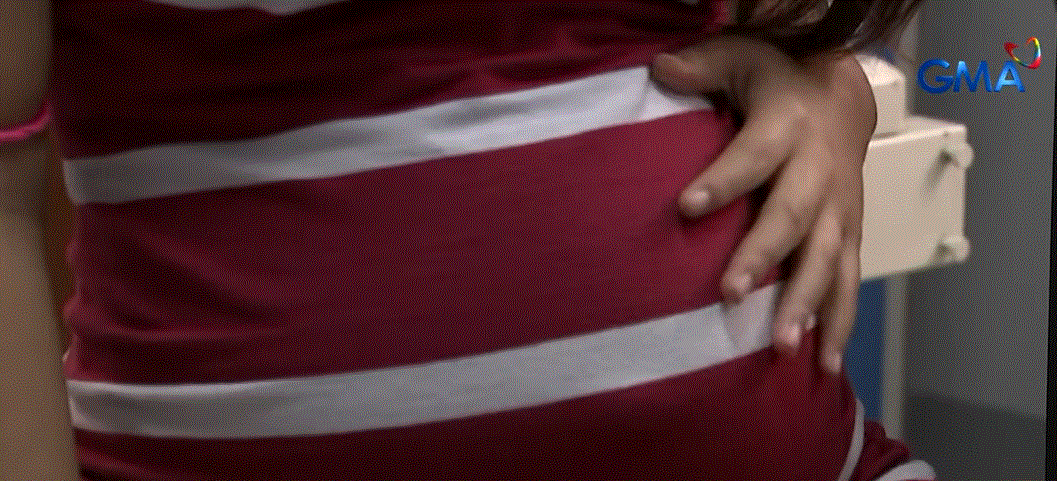The Chair of the House Basic Education and Culture Committee, Roman Romulo, has raised concerns about relying on comprehensive sexuality education (CSE) as a solution to the rising cases of teenage pregnancies in the Philippines. Speaking during a House panel hearing on Monday, Romulo emphasized that while educating young people on reproductive health is essential, he does not see CSE as the ultimate answer to this issue.
Teenage Pregnancy: A Growing Concern
Data from the Philippine Statistics Authority (PSA) reveals alarming trends. The number of mothers aged 10 to 14 has been steadily increasing, with 2,113 cases reported in 2020, rising to 3,343 by 2023. This troubling statistic has spurred various groups and government agencies, including the Commission on Population and Development (CPD), to advocate for the Adolescent Pregnancy Prevention Bill (Senate Bill 1979).
Debates Over CSE and Its Implementation
Romulo acknowledged that Filipino families want their children to be well-informed about reproductive health. However, he pointed out that international frameworks guiding CSE, like those set by UNESCO, might not align with Filipino values. He clarified, “Sex, as defined by UNESCO, and sexuality are different. Let me be clear, comprehensive sexuality education is not the answer to teenage pregnancies.”
DepEd’s Approach to CSE
The Department of Education (DepEd) has integrated CSE into the K-12 curriculum, guided by DepEd Order No. 31, series of 2018. This policy defines sex as biological traits at birth and sexuality as encompassing gender, orientation, identity, values, and attitudes.
DepEd Undersecretary Filemon Ray Javier confirmed that there is no suspension of CSE implementation but stated that a review is underway to ensure it aligns with Filipino culture and values. Javier also noted a possible renaming of CSE to “sex education” following President Ferdinand Marcos Jr.’s directive to address concerns over content.
Opposition and Cultural Concerns
Manila Representative Bienvenido Abante called for the rescission of DepEd’s guidelines, criticizing CSE as a Western ideology incompatible with Filipino traditions. Abante highlighted the importance of preserving moral values and suggested that UNESCO’s standards may not reflect the country’s religious and cultural beliefs.
“During my time, we didn’t have CSE, yet teenage pregnancies were not a problem. Why do we need to adopt Western standards that don’t respect our culture and values?” Abante argued.
Aligning CSE with the RH Law
ACT Teachers party-list Representative France Castro suggested reconciling DepEd’s CSE program with the Responsible Parenthood and Reproductive Health Law of 2012 (RA 10354). This law mandates age-appropriate reproductive health education, taught by trained teachers and integrated into school curricula.
Call for Collaboration
The House Committee on Basic Education and Culture has invited DepEd to present a detailed report on CSE, including its legal framework, implementation progress, and curriculum details per grade level. The aim is to ensure that educational policies address teenage pregnancy while respecting Filipino values and traditions.
The Road Ahead
The debate over CSE highlights the need for a balanced approach that prioritizes reproductive health education while considering the cultural and moral context of Filipino society. Lawmakers, educators, and families will need to work together to find solutions to the growing problem of teenage pregnancies.

















